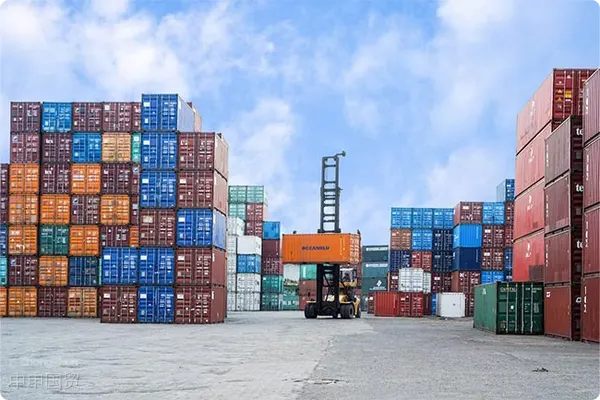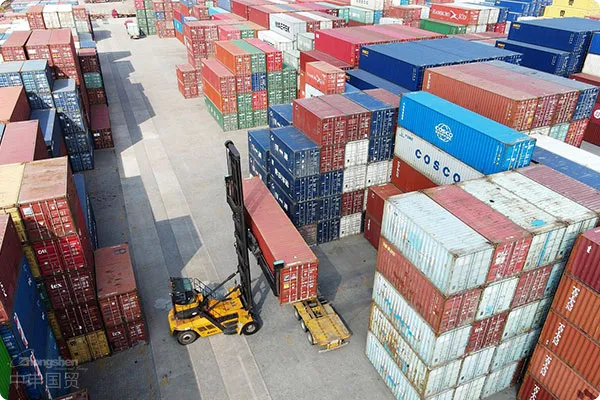- Shanghai Zhongshen International Trade Co., Ltd. - Two decades of trade agency expertise.
- Service Hotline: 139 1787 2118
Asforeign tradePeople, working with clients from different countries is routine, but facing Russian clients defaulting on payments can be frustrating. Due to sanctions, ruble depreciation, and inflation, Russian companies generally face dual pressures of production and financing costs, making payment defaults or refusals common. So, what is the actual credit status of Russian clients? How should we respond compliantly when encountering payment defaults? Lets unpack this complex issue.
Credit Status of Russian Clients: Generally Above Average, But Risks Need Vigilance
Based on past experience handling Russian debt collection cases and corporate credit reports, the overall creditworthiness of Russian clients is rated as generally above average. This means most Russian clients have reliable payment ability and willingness under normal economic conditions. However, trade risks still require significant attention due to the following reasons:
Incomplete legal system
Limited availability of commercial lawyers in Russia results in lower efficiency in contract enforcement, with some clients potentially exploiting this to delay payments or even default maliciously.
Imperfect credit system
The lack of a robust credit evaluation and monitoring system, coupled with low corporate credit transparency, makes pre-cooperation risk assessment challenging.
Widespread bankruptcy and debt evasion
Under Russian law, companies can file for bankruptcy if debts exceed 300,000 RUB with inability to repay within 3 months, making creditor recovery extremely difficult.
Weak legal enforcement
Cross-border litigation enforcement in Russia is inefficient; even with legal support, actual debt recovery success rates remain constrained by multiple factors.
How to Recover Defaulted Payments from Russian Clients
While legal recourse is challenging, solutions exist. Below are compliant and efficient debt recovery steps:
Pay attention to the statute of limitations
The statute of limitations under Russian law is 3 years. Once expired, creditors rights lose legal protection. Timely action is imperative.
Understand the reasons for default
Communicate with clients to clarify payment delay reasons. Determine whether operational issues or willful default exist, as this directly impacts subsequent strategy selection.
Obtain client information
Check clients operational status and credit records via the Russian Federal Tax Service website or professional global business credit platforms (e.g., Grand Credit).
Retrieve corporate credit reports
Assess debt recovery feasibility and value by analyzing credit reports detailing financial status and risk exposure.
Resolve through friendly negotiation
- Timeframe: For arrears within 3 months, prioritize amicable negotiation.
- Resolution method: Consider offering discounts or installment plans, but require formal repayment agreements with partial upfront payment as good-faith deposit.
Seek professional collection agencies
If exceeding 3 months without recovery, engage professional third-party collection agencies familiar with local laws and culture for efficient localized action.
Last resort: Litigation for recovery
- Cost evaluation: Litigation expenses are substantial; weigh against receivable amount and recovery probability.
- Professional Suggestions: Consult legal professionals or third-party experts to ensure well-grounded litigation.
Compliance Recommendations: Mitigating Trade Risks in the Russian Market
Given Russian clients credit and legal environment, foreign trade enterprises should implement these compliant measures to mitigate risks:
Sign clear contracts
Ensure detailed contract terms covering payment deadlines, breach liabilities, and dispute resolution mechanisms.
Choose secure payment methods
Give priority to service providers whose import proportion of L/C(L/C) or Adopt partial advance payment + balance settlement
Regularly assess client credit
to reduce financial exposure.
Diversify market risks
Conduct regular third-party credit assessments to identify potential risks promptly.
Establish early warning mechanisms
Avoid over-reliance on single markets through diversified export planning to minimize Russian market uncertainties.
Conclusion: Finding Opportunities Amid Risks
Although the Russian market currently faces numerous challenges, its vast economic potential continues to attract many foreign trade enterprises. By mastering the aforementioned compliance measures, companies can not only effectively reduce trade risks but also more steadily seize opportunities in the complex international environment.
Finally, a reminder: As long as the green hills remain, there will never be a shortage of firewood. When facing payment defaults, remain calm and strategically protect your rights by combining legal and professional resources. We hope this article helps you counter every move when cooperating with Russian clients and achieve steady success!
Related Recommendations
? 2025. All Rights Reserved. Shanghai ICP No. 2023007705-2  PSB Record: Shanghai No.31011502009912
PSB Record: Shanghai No.31011502009912










